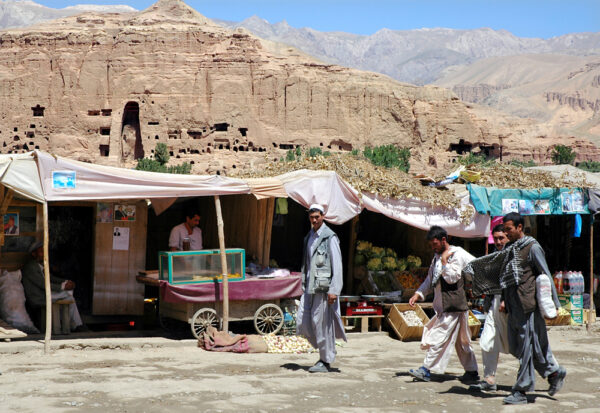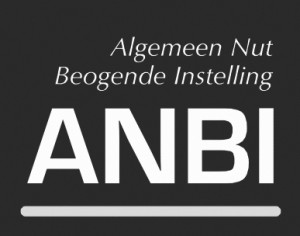Training for starting entrepreneurs
Supporting local entrepreneurs
Village of Peace supports Afghan families and local entrepreneurs through the Business Program. The project focuses on helping Afghans who want to start their own business, especially in the area of food supply, to become self-reliant and achieve economic stability.
Health problems due to malnutrition
In Afghanistan, more than half of the population is food insecure and malnourished. Many Afghans are dependent on emergency aid, making them vulnerable if this aid is withdrawn. In addition, there is a lack of access to sufficient and affordable food, leading to health problems and economic stagnation.
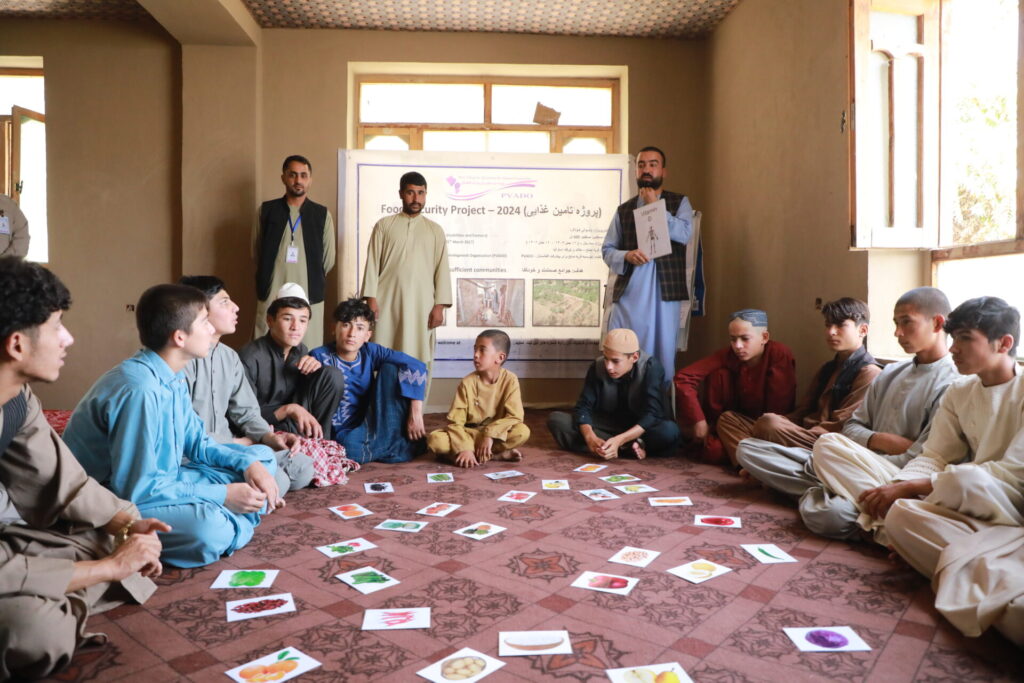
Sustainable change through entrepreneurship
Village of Peace believes in the power of social entrepreneurship as a sustainable solution to poverty and food insecurity. By giving Afghans the opportunity to start their own businesses and improve food security, dependency is reduced and communities can become stronger and more resilient. This program fits within the Sustainable Development Goals (SDGs) and contributes to long-term change.
The unique approach of Village of Peace
The Business Program offers a combination of training, coaching, and start-up capital. Participants receive practical training in entrepreneurship and food security, supported by experienced coaches who help them set up a business. They also receive a one-time start-up capital to start a vegetable garden, bakery, or local shop, for example. By building a network between these entrepreneurs, Village of Peace creates a local ‘ecosystem’ of food security and self-reliance.
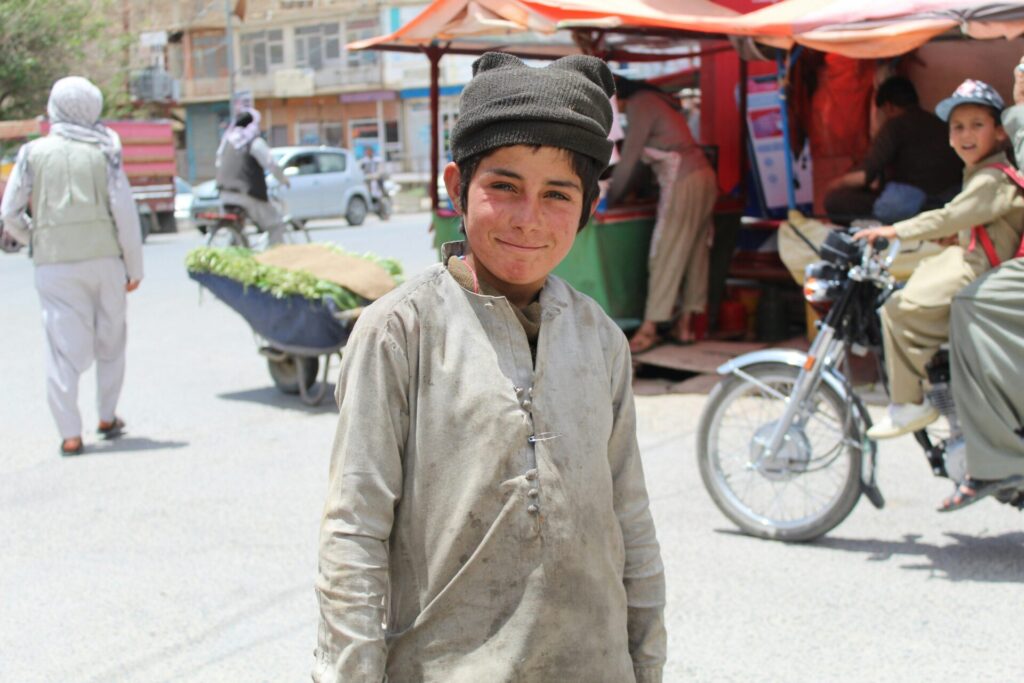
Starting with a plan
In our training courses, budding entrepreneurs learn how to draw up a simple but effective business plan, giving their idea a solid foundation for growth.

Practical skills
From accounting to inventory management, participants develop directly applicable skills that help their businesses run sustainably.
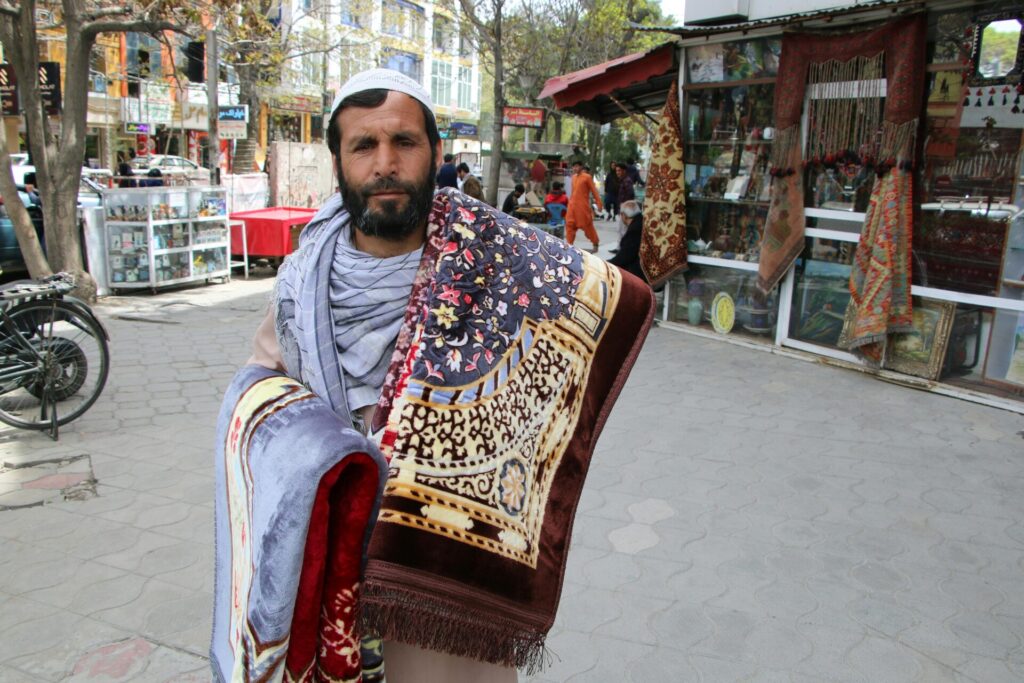
Network and coaching
By learning together and exchanging experiences, entrepreneurs build a network and receive coaching that helps them move forward step by step.
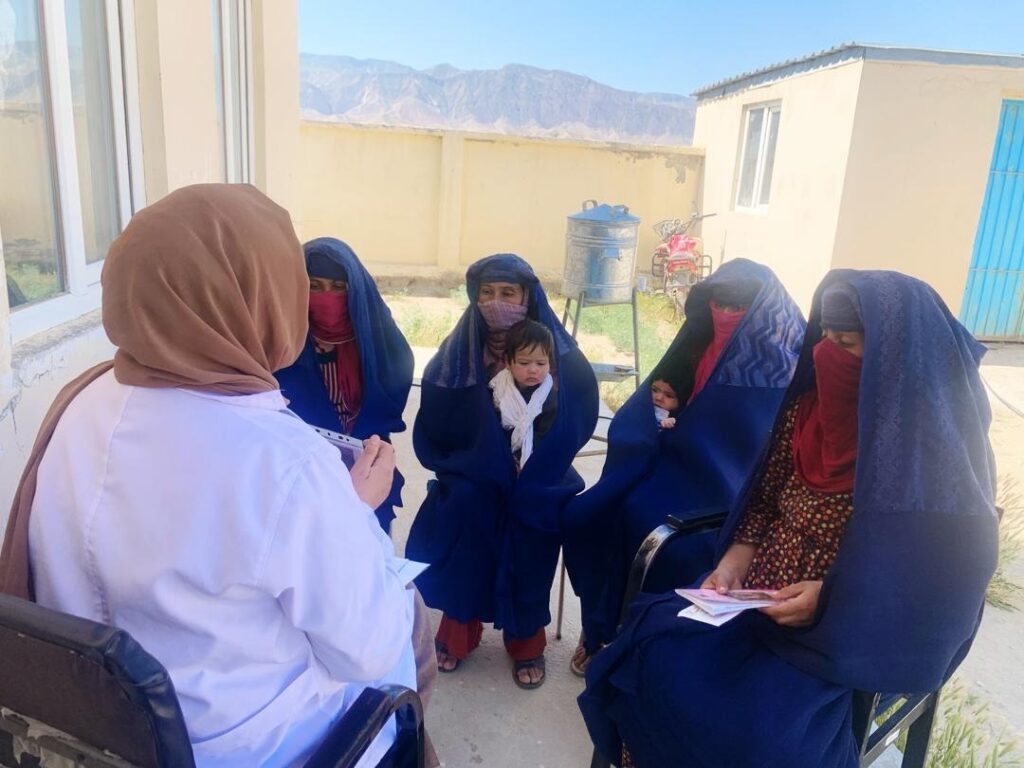
Abed was given the opportunity to start a small vegetable business from his home
“With the training and the start-up capital, I was finally able to start my own business,” he says. “Now I can support my family and work towards a better future. It gives me pride and hope.”
OUR APPROACH
Since 2014, Village of Peace has been training Afghans to rebuild their country. Our approach is holistic. Naturally, we provide food, medical care, and shelter where necessary, but the focus is on education, information, growing food, and finding a job. Our goal: a healthy and independent life for all single women and their children.
Scientifically based impact assessment
To ensure that our training courses and projects are adapted as effectively as possible to the local situation and target group, we work closely with Wageningen University & Research (WUR) and SEEDS Afghanistan. Using scientific research, they measure the effectiveness and impact of our programs and provide advice on possible improvements. This is how we work together to achieve a sustainable impact on food security and quality of life in Afghanistan.
Why Village of Peace?
Instead of temporary emergency aid, Village of Peace focuses on social entrepreneurship, where local Afghans become self-reliant and can generate their own income independently of external aid. Through training, coaching, and start-up capital, the project creates lasting economic growth within communities and improves access to healthy food. Sponsors contribute to structural change that helps both families and entire communities, which is in line with the Sustainable Development Goals (SDGs).
“Give hope and help build a future where vulnerable Afghans can work towards self-reliance.”
From malnutrition to self-reliance
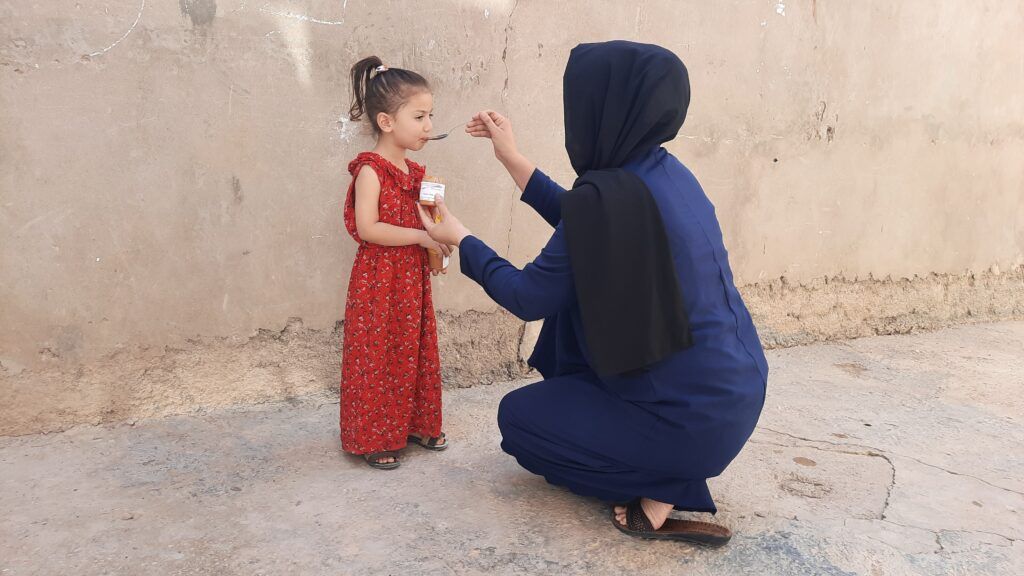
In Afghanistan, widows and orphans are at the bottom of society. It is a daily struggle for them to find food, resulting in malnutrition. We help these women to change their situation. Often, this means providing emergency aid first.
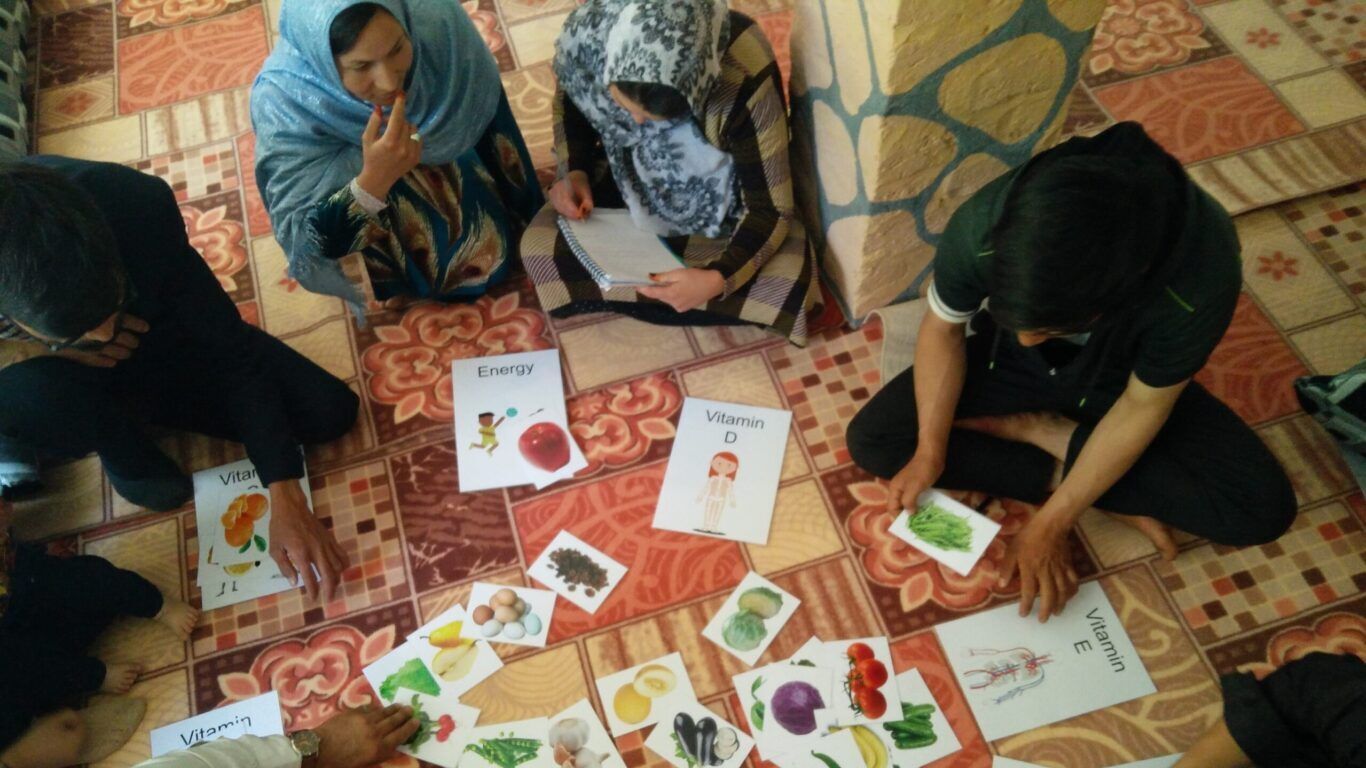
We then train them through practical education and help them build a food-secure existence.
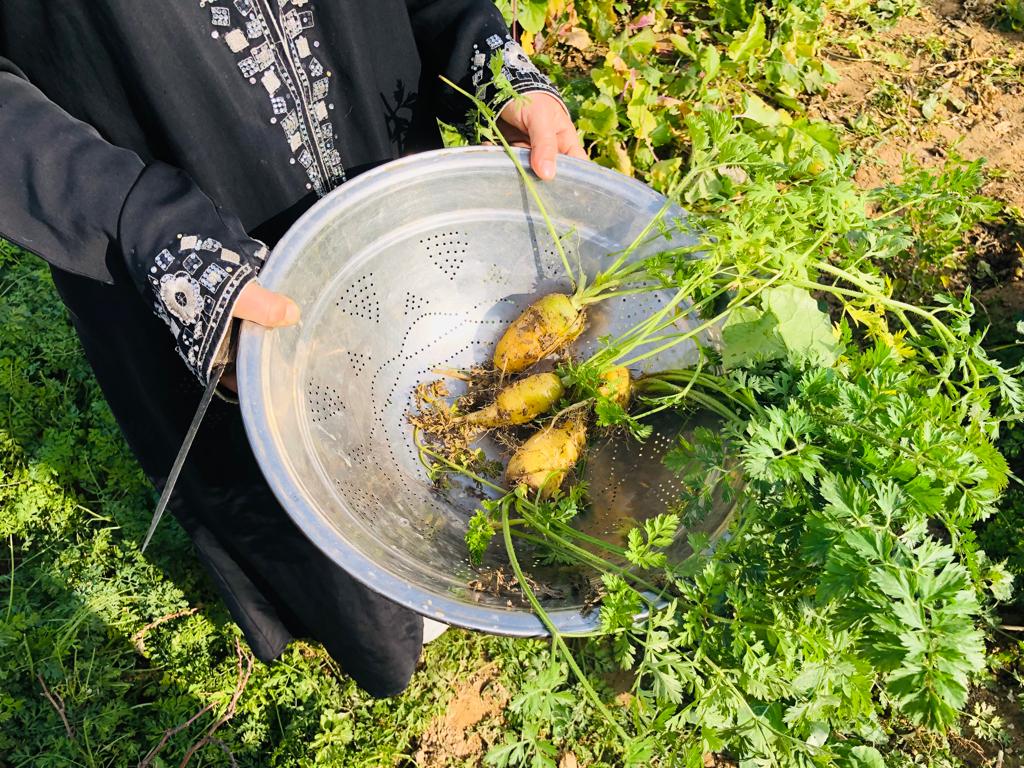
This enables them to work on their self-reliance and regain their place in Afghan society. Food security is the springboard to a healthy and independent life, not only for the widow and her children, but also for her immediate network. In this way, she ultimately makes a difference locally.


